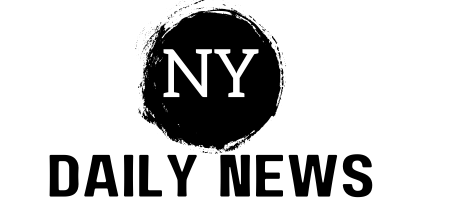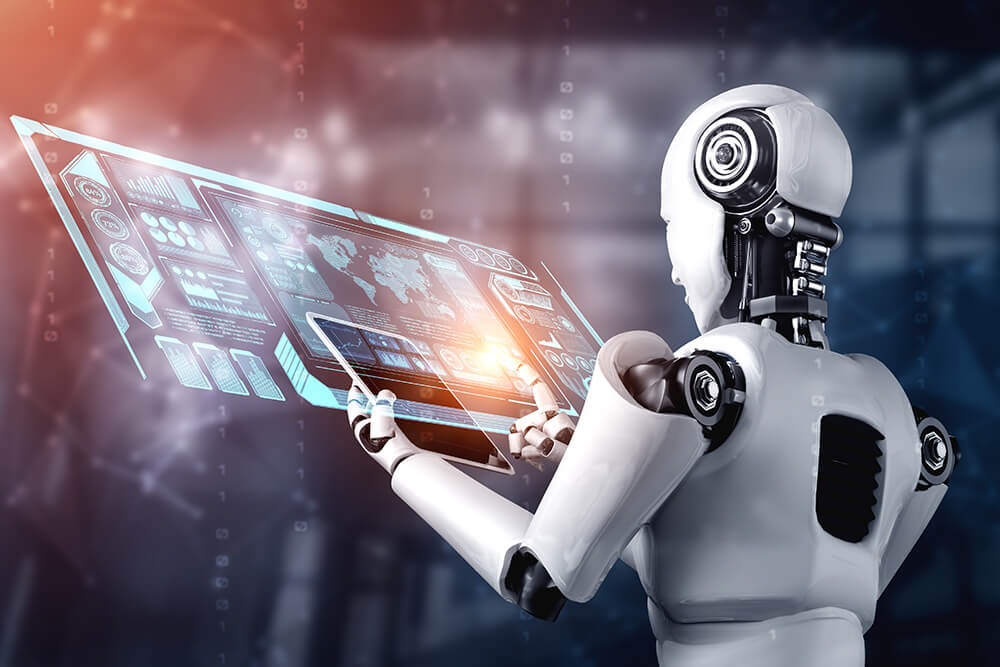1. Technological Revolution:
In the modern world, technology is not just a tool; it’s an omnipresent force shaping every aspect of our lives. From AI-driven algorithms to blockchain and beyond, advancements are altering industries, economies, and societal norms at an unprecedented pace.
2. Digital Transformation:
With the proliferation of smartphones and high-speed internet, the digital realm has become the new frontier for commerce, communication, and creativity. From e-commerce giants revolutionizing retail to social media platforms reshaping how we connect, the digital transformation is reshaping our interactions and experiences.
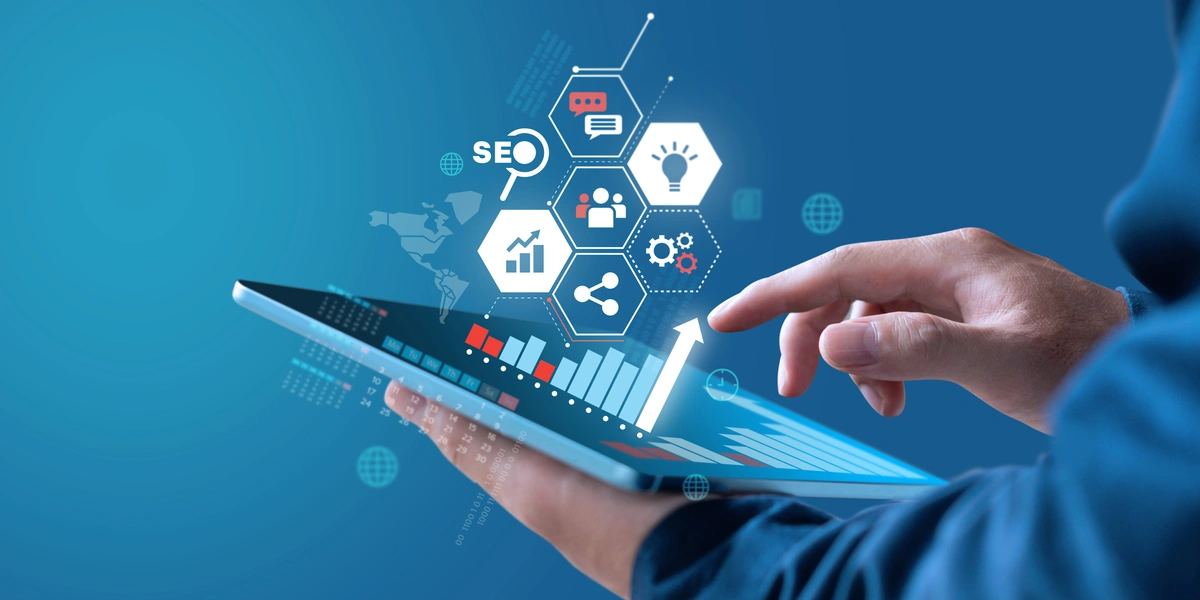
3. Sustainability Imperative:
As climate change looms large, sustainability has shifted from a buzzword to a business imperative. Companies are increasingly embracing eco-friendly practices, from renewable energy adoption to circular economy models, while consumers demand accountability and transparency from brands.
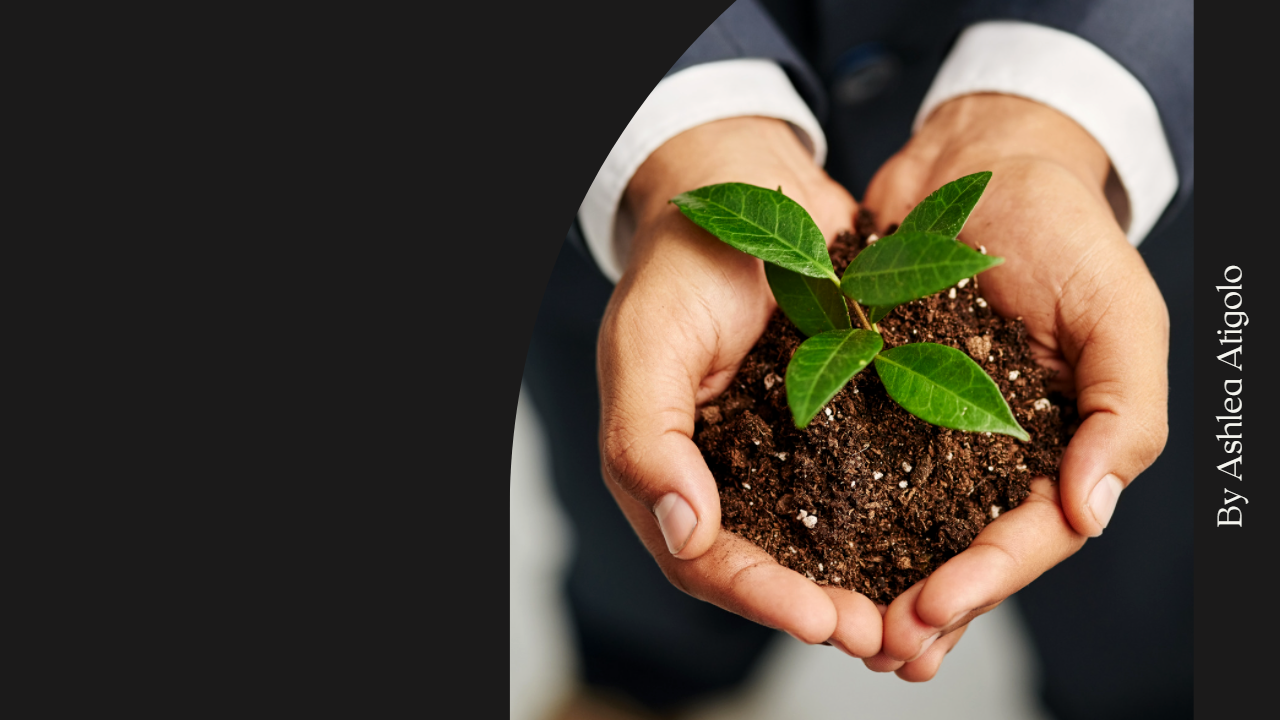
4. Globalization 2.0:
While globalization has long been a hallmark of the modern world, its dynamics are evolving. The rise of emerging markets, coupled with geopolitical shifts and technological advancements, is redefining global supply chains, trade patterns, and cultural exchange in ways both promising and perilous.
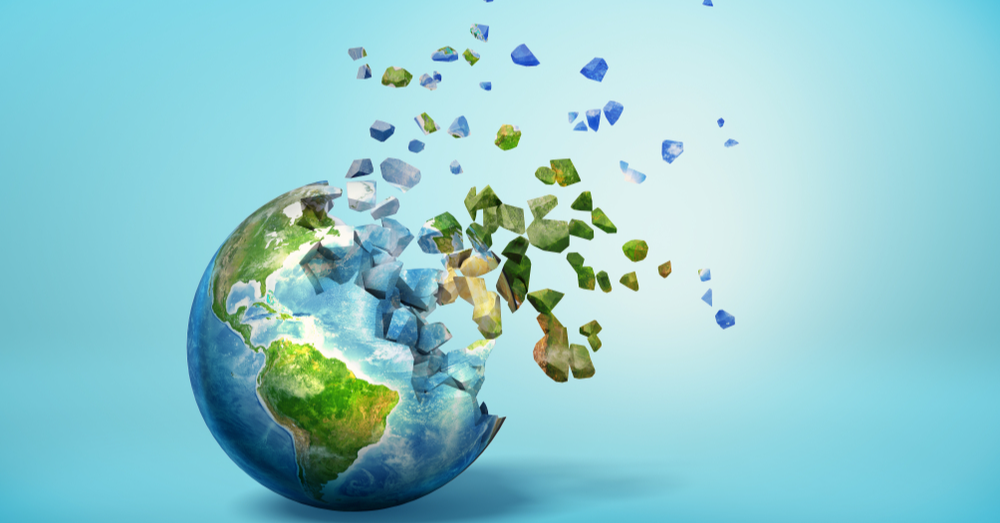
5. Rise of the Sharing Economy:
The sharing economy, epitomized by platforms like Airbnb and Uber, is disrupting traditional industries and challenging notions of ownership. From co-working spaces to peer-to-peer lending, collaborative consumption is reshaping how we utilize resources and access services.
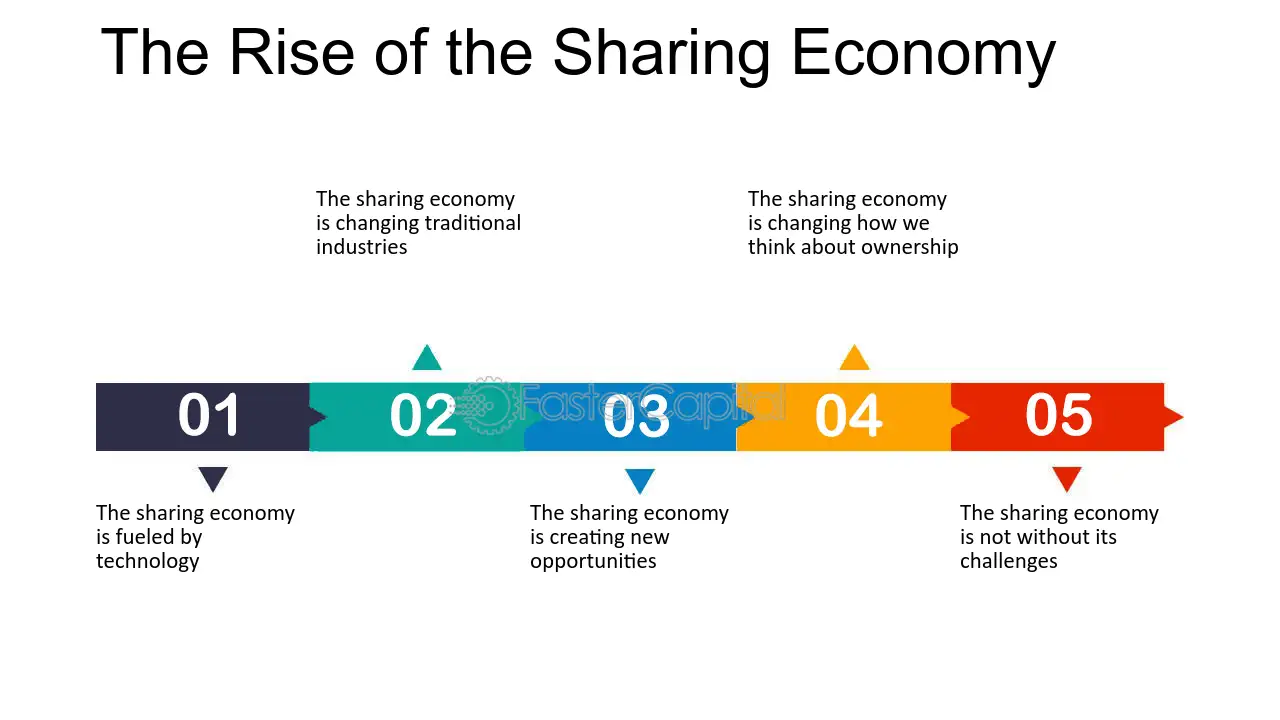
6. Demographic Shifts:
Demographic trends, such as aging populations and urbanization, are reshaping the socio-economic landscape. As cities swell and populations age, governments and businesses grapple with challenges ranging from healthcare provision to infrastructure development and workforce planning.

7. Cybersecurity Challenges:
With the digitization of every facet of life comes the heightened risk of cyber threats. From ransomware attacks on critical infrastructure to data breaches exposing personal information, cybersecurity has become a paramount concern for individuals, organizations, and governments alike.
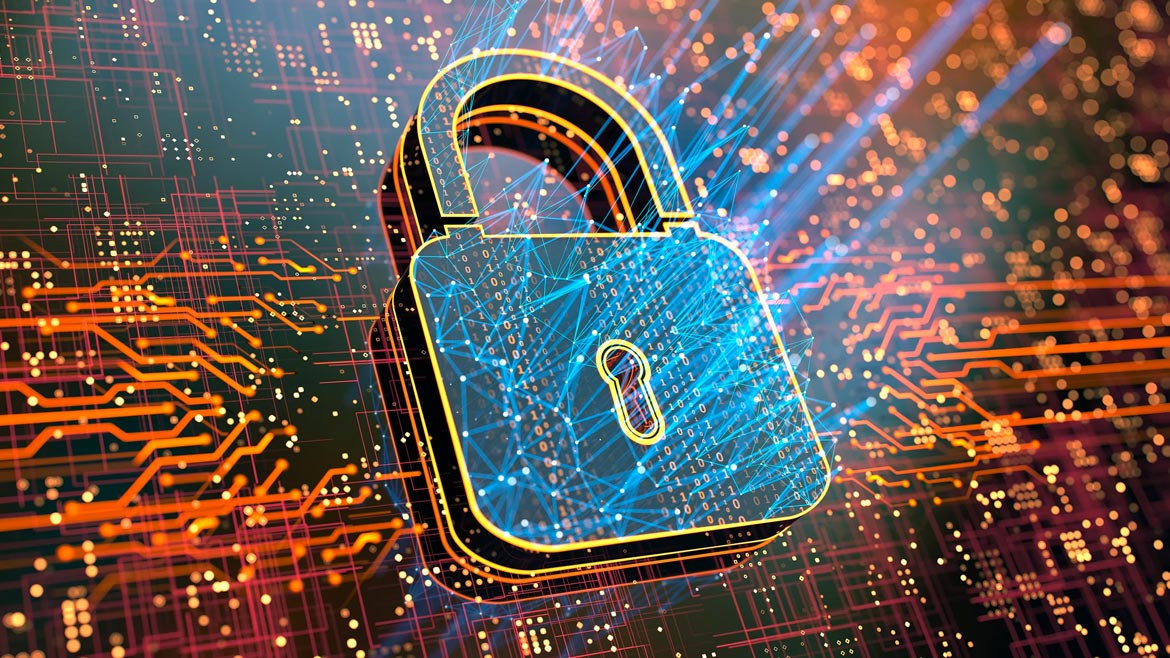
8. Ethical AI and Automation:
As artificial intelligence and automation proliferate, questions of ethics and accountability come to the forefront. From algorithmic bias to job displacement, there’s a pressing need to ensure that technological progress aligns with human values and fosters equitable outcomes.
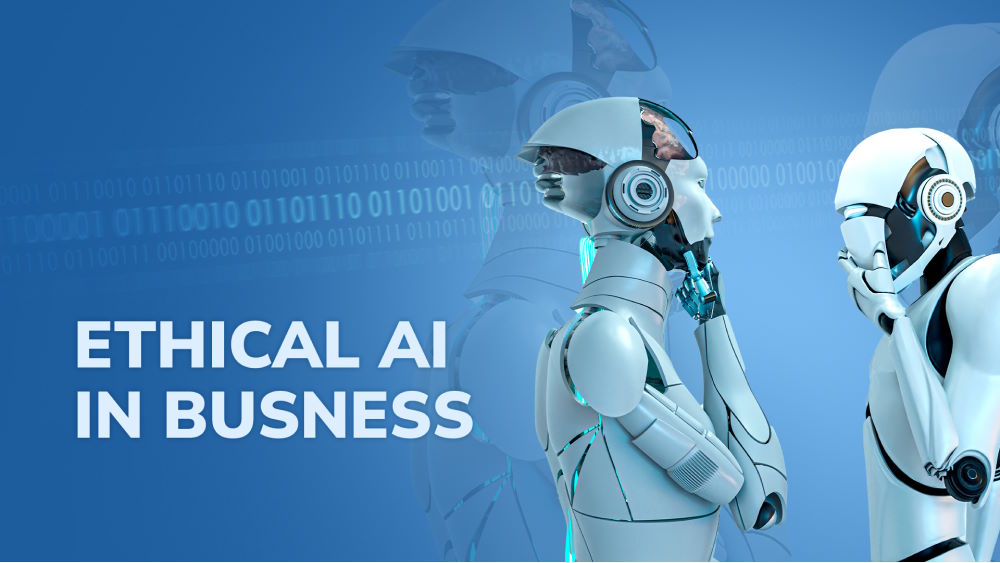
9. Resilience and Adaptability:a
In an increasingly complex and volatile world, resilience and adaptability have become indispensable traits. Whether navigating economic uncertainties, geopolitical tensions, or public health crises like the COVID-19 pandemic, individuals and societies must cultivate the capacity to thrive amidst adversity.
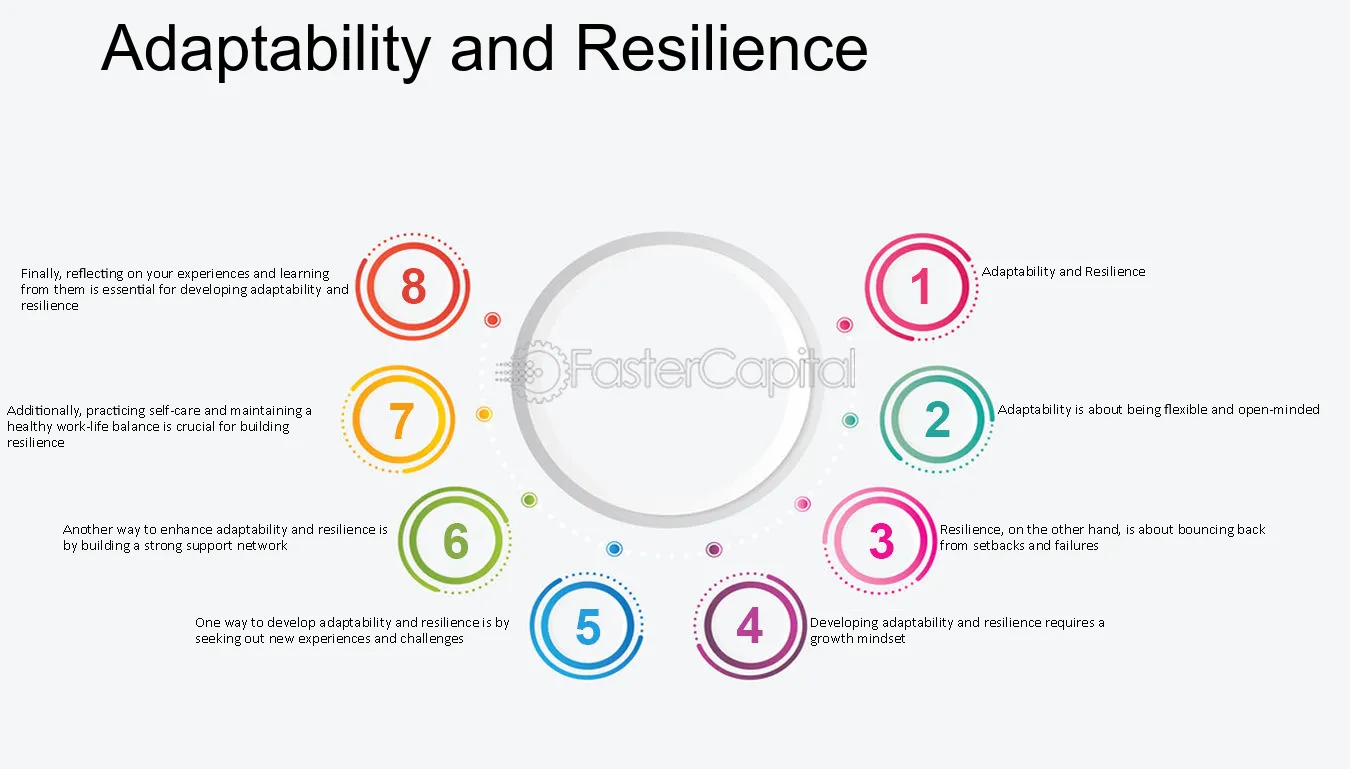
In conclusion, the modern world is a dynamic and multifaceted landscape defined by rapid change and unprecedented challenges. Navigating this terrain requires agility, innovation, and a commitment to addressing pressing issues such as sustainability, mental health, and cybersecurity. By embracing these trends and fostering collaboration and inclusivity, we can collectively chart a course towards a more prosperous and equitable future.
